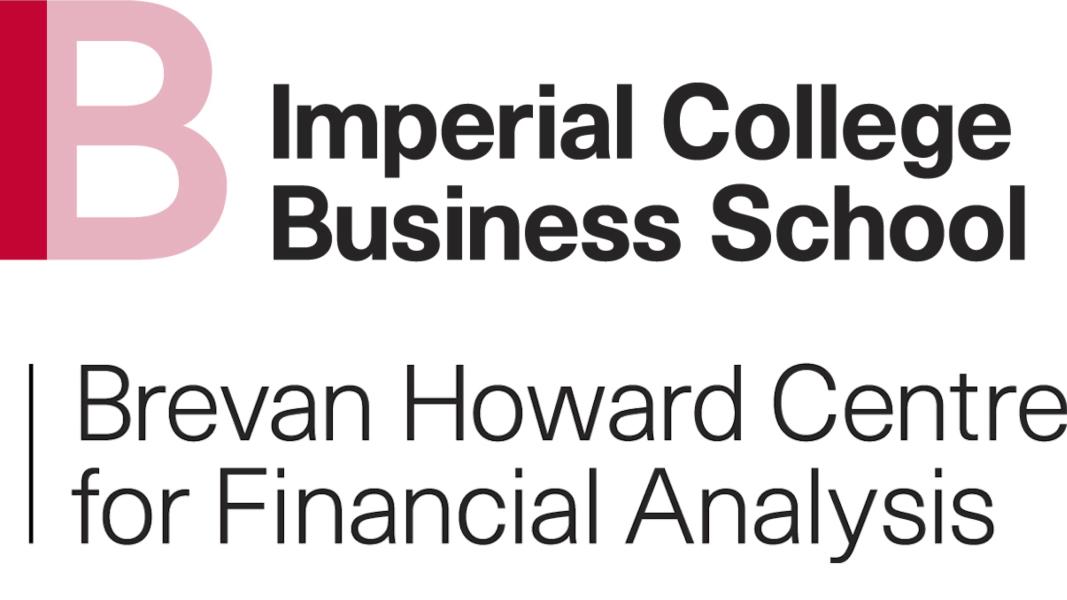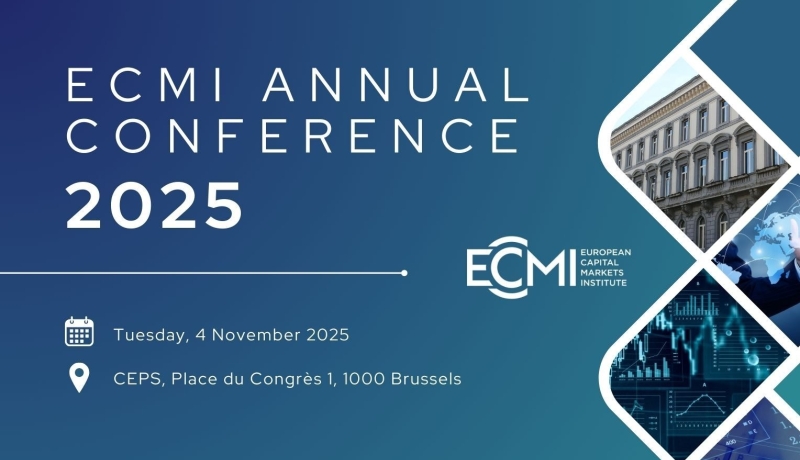2025 ECMI Annual Conference
The 2025 ECMI Annual Conference will tackle the most pressing structural and strategic challenges facing Europe’s capital markets. This year’s edition will focus on three interlinked priorities: unlocking long-term retail investment across fragmented savings systems, rethinking supervisory models for greater agility in a fractured geopolitical landscape, and building strategic infrastructure to support the EU’s evolving Savings and Investments Union. Through a series of high-level panels and discussions, the conference will explore how to move beyond legacy inefficiencies and lay the groundwork for resilient, future-proof, and integrated European capital markets.
AGENDA CALL FOR SPONSORSHIP CONFERENCE REPORT
9:30 – 10:00 Keynote speech
- Carlo Comporti, Commissioner, CONSOB and Member of Management Board, ESMA
10:00 – 11:00 First session: Fragmented savings, missed opportunities: bridging the gap with long-term saving investment products
As the EU grapples with economic fragmentation, the deep pool of household wealth across Europe remains an underutilised asset. Despite having one of the largest savings markets globally, Europe’s retail investment channels are fragmented, with individual Member States operating their own incentives and structures. The EU’s savings ecosystem lacks coordination, and this has led to inefficiencies where household wealth is not being channelled into long-term investments such as green transition financing, innovation and other key sectors vital for the continent’s strategic autonomy.
The Retail Investment Strategy initially promised to integrate Europe’s savings into long-term economic goals such as green transition financing and fostering equity culture. However, the Commission’s proposal has been diluted, leaving it fragmented and less ambitious. Without stronger commitment and harmonisation, the strategy may fail to unlock its full potential for Europe’s strategic autonomy.
What kind of pan-European tax incentives or financial products would be most effective in encouraging cross-border retail investment? How can authorisation and approval processes be facilitated? Given the lack of success with previous efforts like the pan-European personal pension, what strategies should the EU adopt to incentivise funded pension schemes across Member States? Should this be achieved through legislation, industry agreements, or a combination of both? What lessons can the EU learn from successful private sector initiatives and international examples, to design more attractive and effective structures for retirement savings and long-term investment?
- Andrea Beltramello, Head of Unit Savings and Investments Union, DG FISMA
- Thanos Moulovasilis, Group Head of Life Business Management, Zurich Insurance
- Jella Benner-Heinacher, Vice-President, Better Finance
Moderated by Apostolos Thomadakis, Head of Financial Markets and Institutions Unit, CEPS and Head of Research, ECMI
11:00 – 11:30 Coffee break
11:30 – 12:00 Fireside chat
- Kathleen Tyson, Founder and Chief Executive, Pacemaker Global
Moderated by Apostolos Thomadakis, Head of Financial Markets and Institutions Unit, CEPS and Head of Research, ECMI
12:00 – 13:00 Second session: Strategic infrastructure for the EU’s capital markets: beyond the plumbing
Europe’s capital markets remain fragmented, not only in rules and products, but also in the infrastructure that supports them. As the EU repositions its financial strategy under the banner of the Savings and Investments Union (SIU), infrastructure and trading are emerging as critical themes not just for efficiency, but for sovereignty, innovation and investor trust.
From equity trading to clearing and settlement, from digital issuance and supervisory data to the consolidated tape and tokenised assets, the next phase of market integration depends not only on legislative harmonisation but also on the deployment of common, future-proof infrastructure. At the same time, non-bank liquidity providers are gaining prominence, while the EU’s continued reliance on third-country platforms raises concerns about resilience and strategic autonomy. This session will explore whether the EU needs a coordinated infrastructure strategy for capital markets.
Is Europe’s equity market as illiquid as claimed? Will the consolidated tape empower investors? Are Europe's capital markets strategically autonomous or vulnerable? Are new market players adequately regulated and supervised? Can capital market infrastructure become a European industrial ambition, akin to energy or cloud sovereignty? Should the EU pursue an ‘Airbus-like’ model to consolidate and scale key financial infrastructures? How to render the SIU agenda concrete when it comes to infrastructures?
- Maria Velentza, Director, Financial Services, DG COMP
- Eleanor Beasley, Managing Director, Chief Operating Officer and Head of Market Structure, EMEA Equities, Goldman Sachs
- Jakub Michalik, Chief Policy Officer & Member of the Executive Committee, Euronext
Moderated by Karel Lannoo, CEO, CEPS and General Manager, ECMI
13:00 – 14:00 Lunch
14:00 – 14:30 ECMI Best Paper: "Attracting New Listings: Understanding What Drives IPO Activity Across Markets"
- Authors: Ishak Demir, Erfan Ghofrani (presenter) and Ying Liu, World Federation of Exchanges
Moderated by Marco Sartori, Senior Policy Adviser, FESE
14:30 – 15:30 Third session: Supervisory agility in a fractured world: rethinking efficiency for resilience
In a world marked by deepening geopolitical fault lines, the assumption that capital market supervision should primarily aim for procedural efficiency is being challenged. As extraterritorial financial sanctions multiply, global standard-setters drift apart, and technological disruption outpaces regulatory cycles, Europe must rethink what ‘effective’ supervision means.
Rather than aspiring solely to centralisation under a ‘single supervisor’ model, the EU needs a more agile, layered supervisory architecture – one that blends strategic coordination at the European level with decentralised, risk-based execution by national authorities. Agility, responsiveness and cross-border trust are becoming as important as harmonisation and consistency. This session will examine whether the current supervisory system – still shaped by post-crisis logic – is fit for a world of fragmented power, digital finance and escalating systemic risks.
Is the goal of a ‘single supervisor’ still politically and practically feasible, or should the EU double down on a model of agile coordination and mutual reliance? How can the EU ensure supervisory trust across Member States to enable effective delegation, especially in cross-border group supervision? How can the EU enhance the ability of supervisors (ESMA and NCAs) to detect, assess and act on emerging risks – especially those linked to AI, digital assets and geopolitical volatility? What lessons can be drawn from the US model, where supervisory fragmentation coexists with market dynamism and scale?
- Iliana Lani, Head of Conduct Supervision and Convergence, ESMA
- Jesmond Gatt, Chairman, Malta Financial Services Authority
- Armi Taipale, Head of Capital Markets Supervision Department, Finnish Financial Supervisory Authority
Moderated by Apostolos Thomadakis, Head of Financial Markets and Institutions Unit, CEPS and Head of Research, ECMI
15:30 – 15:45 Closing remarks
Partners


Golden sponsors



Silver sponsor

Registration is free of charge for ECMI/ECRI/CEPS members, EU/national institutions, academia, and press. Other participants may be admitted for a fee of EUR 300.

